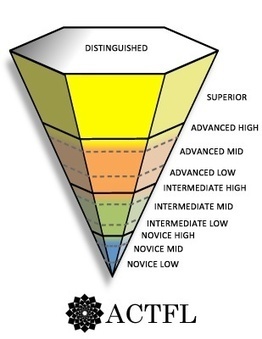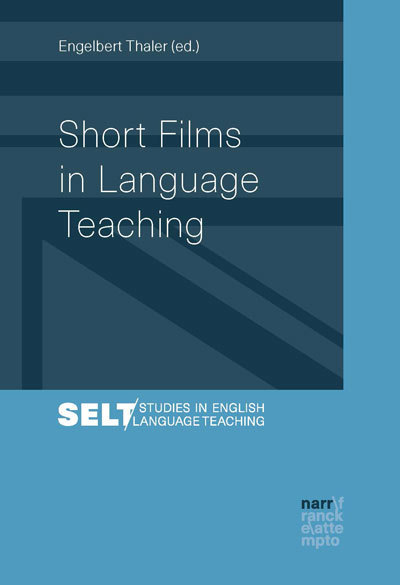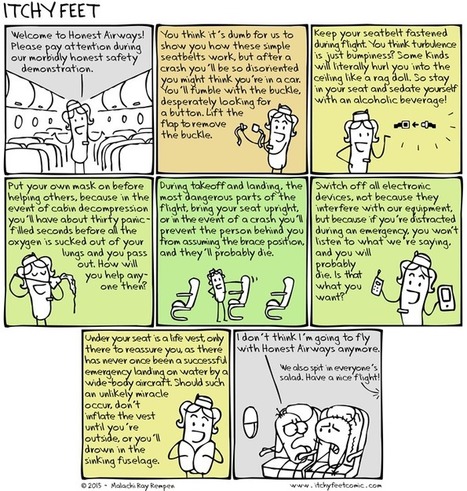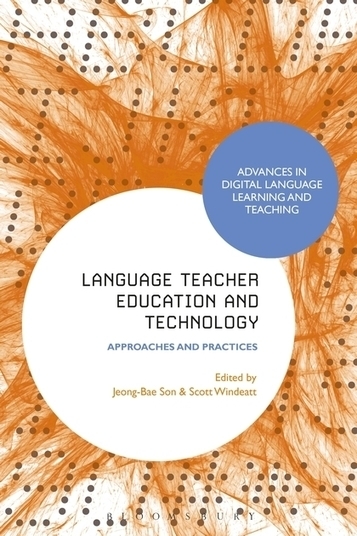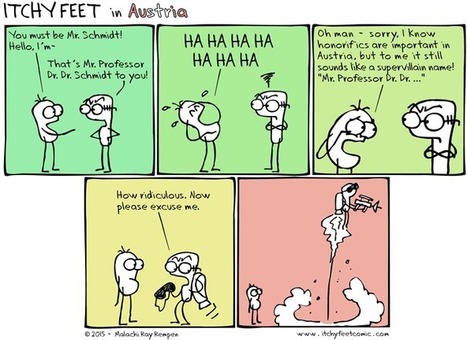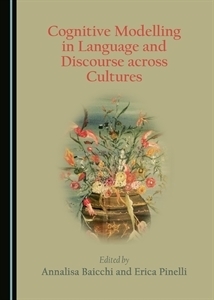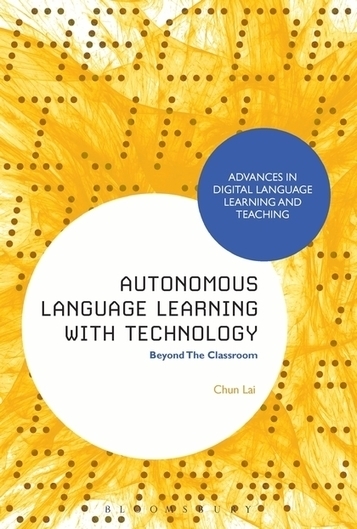 Your new post is loading...
 Your new post is loading...

|
Scooped by
Todoele
August 10, 2018 12:22 AM
|
Los términos más frecuentes se procesan instintivamente mientras que los menos usados requieren un pensamiento racional

|
Scooped by
Todoele
July 16, 2018 1:00 PM
|
Proficiency is not just a measure of what you already know or can do in a language—it is a framework that can be leveraged to guide what and how you learn.

|
Scooped by
Todoele
March 30, 2018 10:06 AM
|
¿Pensás usar Instagram en el aula? ¡Perfecto! En este artículo comparto algunas ideas para trabajar con esta red social en clase. Tus estudiantes te lo agradecerán. ¡Leé más!

|
Scooped by
Todoele
February 17, 2018 12:22 PM
|
Today, we hear from Andrew McPeak. Andrew is a next gen researcher, speaker, and author for Growing Leaders. A recent article from the National Education Association explored the question of whether or not digital reading is equal to reading in print. Their findings were quite telling. “While digital reading ‘is part and parcel of living and learning in…

|
Scooped by
Todoele
October 1, 2017 10:22 AM
|
Linguistic turn La expresión "giro lingüístico" se refiere a una forma de pensar que desde los años 70 privilegia el lenguaj

|
Scooped by
Todoele
September 29, 2017 12:32 PM
|
This is the first book on language learner autonomy to combine comprehensive accounts of classroom practice with empirical and case-study research and a wide-ranging engagement with applied linguistic and pedagogical theory. It provides a detailed description of an autonomy classroom in action, focusing on Danish mixed-ability learners of English at lower secondary level, and reports the findings of a longitudinal research project that explored the learning achievement over four years of one class in the same Danish school. It also presents two learner case studies to show that the autonomy classroom responds to the challenges of differentiation and inclusion, and two institutional case studies that illustrate the power of autonomous learning to support the social inclusion of adult refugees and the educational inclusion of immigrant children. The concluding chapter offers some reflections on teacher education for language learner autonomy. Each chapter ends with discussion points and suggestions for further reading.

|
Scooped by
Todoele
August 14, 2017 11:01 AM
|
So much of language learning is in between the words.

|
Scooped by
Todoele
August 5, 2017 12:25 PM
|
An object in motion stays in motion. That’s no secret, it’s called momentum. But have you tried to apply the same concept to your language studies?

|
Scooped by
Todoele
August 1, 2017 5:40 PM
|
The second volume in the new academic series SELT (Studies in English Language Teaching) is also divided into three parts: A. Theory – B. Methodology – C. CIassroom. Part A highlights the topic from the perspectives of different academic disciplines, in this case from a TEFL as well as from a film-didactic and a cultural-literary viewpoint. In part B, methodological contributions on selected short films and suitable procedures are assembled. Part C is a collection of concrete sample lessons for teaching English with short films at various levels. These lesson plans have been designed at university, carried out and evaluated by 11 experienced teachers, and finally revised by the editor. Peer reviewing is guaranteed by an academic advisory council consisting of six well-known TEFL professors. The new series, above all, aims at bridging didactic research and classroom practice. Thus it is intended for foreign language lecturers, students, teacher trainers and teachers.

|
Scooped by
Todoele
July 7, 2017 5:19 AM
|
This book presents research on the learning of foreign languages by children aged 6-12 years old in primary school settings. The collection provides a significant and important contribution to this often overlooked domain and aims to provide research-based evidence that might help to inform and develop pedagogical practice. Topics covered in the chapters include the influence of learner characteristics on word retrieval; explicit second language learning and language awareness; meaning construction; narrative oral development; conversational interaction and how it relates to individual variables; first language use; feedback on written production; intercultural awareness raising and feedback on diagnostic assessment. It will be of interest to undergraduate and graduate students, researchers, teachers and stakeholders who are interested in research on how children learn a second language at primary school.

|
Scooped by
Todoele
July 7, 2017 4:50 AM
|
We often hear the same tips, tricks, rules and advice from master language learners. Do they even have any meaning any more?

|
Scooped by
Todoele
June 30, 2017 4:46 AM
|
Language teachers' competencies in computer-assisted language learning (CALL) are a crucial factor affecting their own implementation of CALL. However, there is still a concern that many language teachers are not adequately prepared to make effective use of CALL or to identify and evaluate potential CALL solutions. This can be the result of many different factors and raises the question of how to train teachers to develop their CALL knowledge and skills to a greater degree.

|
Scooped by
Todoele
June 16, 2017 11:07 AM
|
Learning French from Spanish and Spanish from French provides adult English speakers who have learned either Spanish or French as a second language with the tools to learn the other as a third language. Research in the growing fields of third-language acquisition and multilingualism documents how successful language learners intuitively build on their existing knowledge as they learn a new language. In this vein, Learning French from Spanish and Spanish from French takes advantage of the fact that learners with intermediate proficiency in a second language are used to thinking consciously about language, know themselves as language learners, and can capitalize on what they know about one language to understand the other. With chapters conveniently organized by grammatical concept and including supplementary resources such as exercises, parallel reading texts, and audio files, this book will benefit students, travelers, and budding multilinguals alike.
|

|
Scooped by
Todoele
August 6, 2018 1:05 PM
|
Technology will not replace teachers, but teachers who use technology well will replace those who do not. The solution: blended learning.

|
Scooped by
Todoele
May 14, 2018 11:18 AM
|
While it may be more difficult to learn a language as an adult, the only thing stopping you is, well, you. And perhaps misleading journalism that discourages you from trying in the first place.

|
Scooped by
Todoele
March 23, 2018 2:41 PM
|
Vocabulary breadth is quite simple to measure objectively: how many words do you know? Depth, on the other hand, is much more nuanced: how well do you know those words?

|
Scooped by
Todoele
November 6, 2017 9:58 AM
|
No, it's not complicated grammar rules. It's not making space in your brain for reams of vocabulary. It's not even sounding like a buffoon.

|
Scooped by
Todoele
September 30, 2017 8:42 PM
|
El material que integra este volumen intenta contextualizar la enseñanza de las lenguas en una realidad europea e internacional, profundamente cambiada en los últimos años. Se reúnen aquí nueve trabajos de investigación y experiencia sobre la didáctica de las lenguas extranjeras en cinco lenguas diferentes: alemán, español, inglés, francés y portugués. Se trata de un conjunto de lenguas relevantes en la dinámica multilingüe de la comunidad europea que representan un buen primer paso para la difusión del saber disciplinario según los criterios que hemos enunciado.

|
Scooped by
Todoele
August 19, 2017 9:30 PM
|
Este libro está dedicado a la formación de los docentes para enseñar el español como segunda lengua (a inmigrantes). El estudio abarca todos los contextos educativos en España: formación universitaria, docentes de español en Educación Primaria y Secundaria, aulas de apoyo lingüístico, Escuelas Oficiales de Idiomas, academias y asociaciones humanitarias. Participan autores con amplia experiencia docente e investigadora de distintas etapas educativas y países. La metodología empleada en la investigación es muy variada: desde la revisión bibliográfica, que aporta la reflexión personal crítica, hasta los estudios cualitativos y cuantitativos con métodos estadísticos.

|
Scooped by
Todoele
August 9, 2017 12:01 PM
|
The path of least resistance may be shorter, or simpler, or more fun. For the casual learning picking up a few phrases for a vacation, that’s probably good enough. But when it comes to learning a language in a more meaningful sense, promises of “fast, easy, and fun” should set off a warning bell. Acquiring a language doesn’t need to be an impossible, miserable marathon, of course, but it’s worth investing more time, more effort, and more serious commitment to achieve a higher level of proficiency.

|
Scooped by
Todoele
August 5, 2017 12:22 PM
|
This book introduces an innovative collection of easy-to-use computer programs that have been developed to measure and model vocabulary knowledge. The book aims to help researchers discover new instruments for lexical analysis, and provides a theoretical framework in which studies with such tools could be conducted. Each of the programs comes with a short manual explaining how to use the program, an example of a published paper that uses the program and a set of questions that readers can develop into proper projects. The programs can be used in real research projects and have the potential to break new ground for research in L2 vocabulary acquisition. The book will be of great use to final year undergraduates and masters students in applied linguistics, second language acquisition, psycholinguistics and language testing and to PhD students doing research methods courses.

|
Scooped by
Todoele
July 20, 2017 7:44 AM
|
Language learning isn't a fast process, but you can speed it up by learning as efficiently as possible. We've got some tips to make that

|
Scooped by
Todoele
July 7, 2017 5:17 AM
|
This volume deals with core issues in figurative language and figurative thought. It also explores areas of convergence between idealised cognitive models and language across fourteen European and non-European languages (Croatian, English, German, Greek, Italian, Japanese, Persian, Polish, Russian, Old Saxon, Sicilian, Spanish, Swedish, and Turkish).

|
Scooped by
Todoele
June 30, 2017 4:48 AM
|
This book looks beyond the classroom, and focuses on out-of-class autonomous use of technology for language learning, discussing the theoretical frameworks, key findings and critical issues. The proliferation of digital language learning resources and tools is forcing language education into an era of unprecedented change. The book will stimulate discussions on how to support language learners to construct quality autonomous technology-mediated out-of-class learning experience outside the classroom and raise greater awareness of and research interest in this field.

|
Scooped by
Todoele
June 27, 2017 9:55 AM
|
When you learn a language, you generally are able to understand more than you can say. But is that always the case?
|



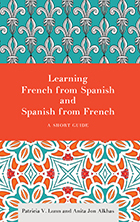


 Your new post is loading...
Your new post is loading...


